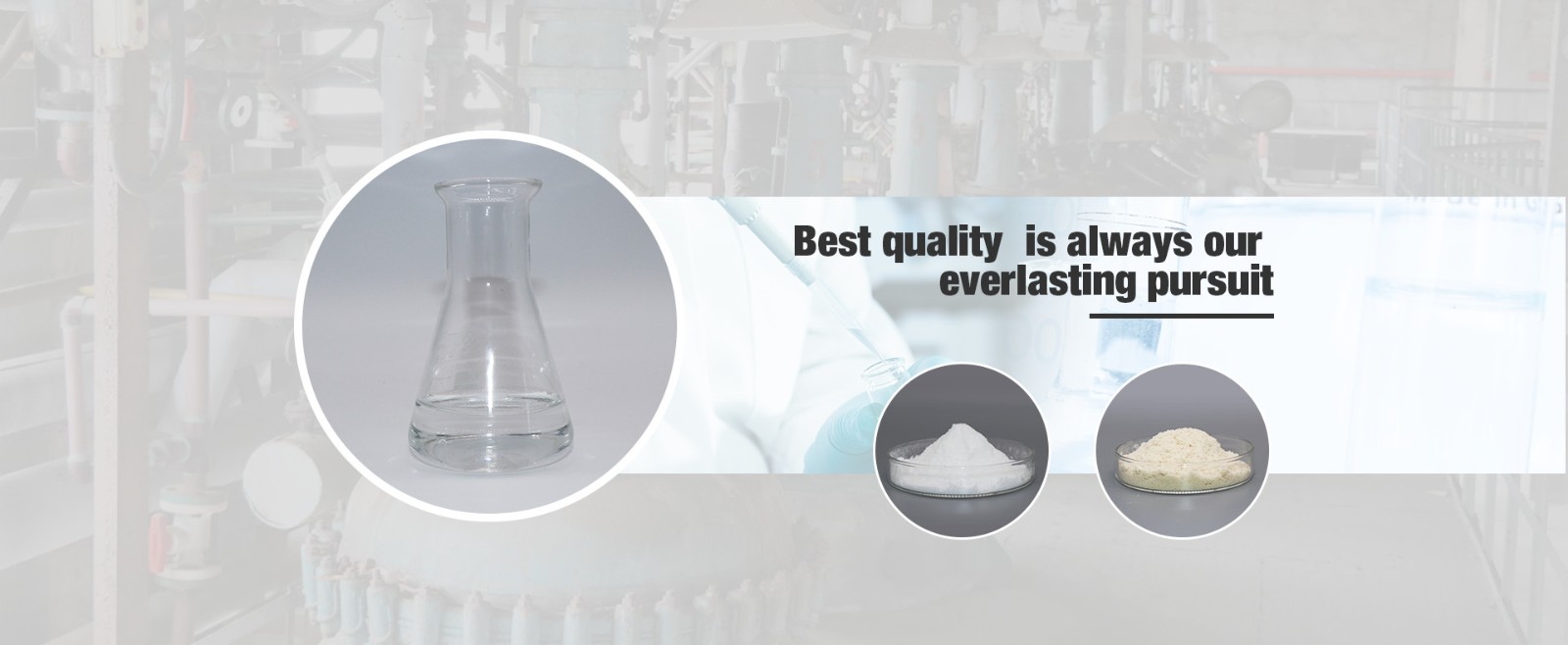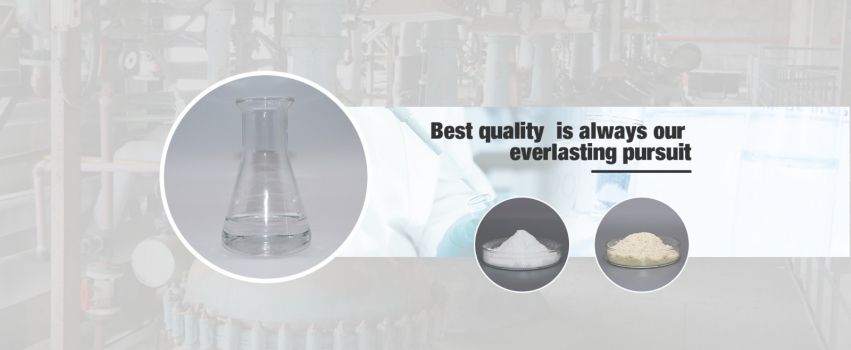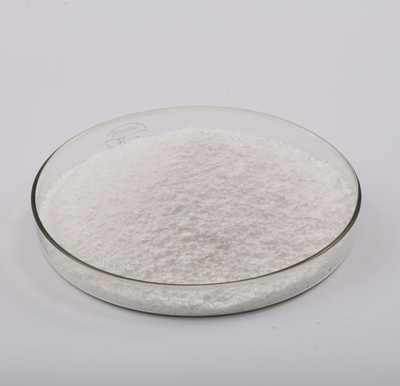What Are the Benefits of Sodium Hyaluronate?
Jun. 06, 2022
Sodium hyaluronate is a water-soluble salt derived from hyaluronic acid, a substance that our bodies naturally produce as well. Like hyaluronic acid, sodium hyaluronate can weigh up to 1000 times its own weight in water, but this form penetrates deeper into the skin and is more stable in beauty product formulations (meaning it lasts longer).
Sodium hyaluronate can probably be understood to look like a fibrous or creamy powder and is often found in moisturizers and serum products. As a humectant, sodium hyaluronate works by drawing moisture from the environment and the lower layers of the skin into the epidermis. It is a common absorbent ingredient. Sodium hyaluronate acts as a reservoir for the skin, helping it to regulate moisture levels.
Hyaluronic Acid(Cosmetic grade) CAS:9004-61-9
What are the benefits of sodium hyaluronate?
1. Preventing dry skin: as a humectant, it absorbs water from the air into the skin and can help the skin retain moisture.
2. Repairing damaged skin barrier: many cases of dry and sensitive skin are due to a weak skin barrier. Sodium hyaluronate can help restore and maintain a healthy barrier to prevent transdermal water loss, which can lead to inflammation.
3. Improves signs of aging: Sodium Hyaluronate replaces naturally occurring but slowly losing water and hyaluronic acid in the skin, ultimately smoothing fine lines and making the skin texture smoother and more refined.
4. Improves acne-prone skin: frequent use of harsh exfoliators or cleansing products can easily leave skin dry and sensitive. Sodium hyaluronate can help reduce your chances of breakouts by rebalancing your skin. It is also a non-comedogenic ingredient, which means it won't clog pores.
5. Makes skin look plump, hydrated, and glowing: Sodium Hyaluronate creates a brief but instant fullness vestige on the skin. The texture is light and gives the skin a hydrated glow without leaving a thick, greasy feel.
6. Eczema relief: Because this ingredient is so gentle, it can be used safely on sensitive skin and is also helpful for extremely dry skin.
7. To restore skin after surgery: If you have had an irritating "procedure" such as laser or micro-needling, your doctor will usually give you a hyaluronic acid mask or product to help restore your skin.
The difference between sodium hyaluronate and hyaluronic acid
We often see hyaluronic acid on the front of skincare products, but when you go back to the ingredients list you will find sodium hyaluronate. The reason for this difference is because these two terms are often used interchangeably in the beauty industry.
They are technically different things, but their skincare goals are the same. What makes them Unique? The focus is on two main reasons: stability and penetration. Because it is in salt form, sodium hyaluronate is a more stable form of hyaluronic acid.
In addition, sodium hyaluronate has smaller molecules. This means that while the moisturizing power of hyaluronic acid acts only on the surface of the skin, sodium hyaluronate is able to absorb more effectively and penetrate deeper into the skin. But objectively speaking, although sodium hyaluronate can penetrate the skin more easily, it does not necessarily mean that it is more effective than hyaluronic acid.
-

CPHI & PMEC China (Shanghai) 2025 --- we are coming!
Mar. 14, 2025
-

Nice to meet you——CPHI 2024 Shanghai
Jul. 08, 2024






















